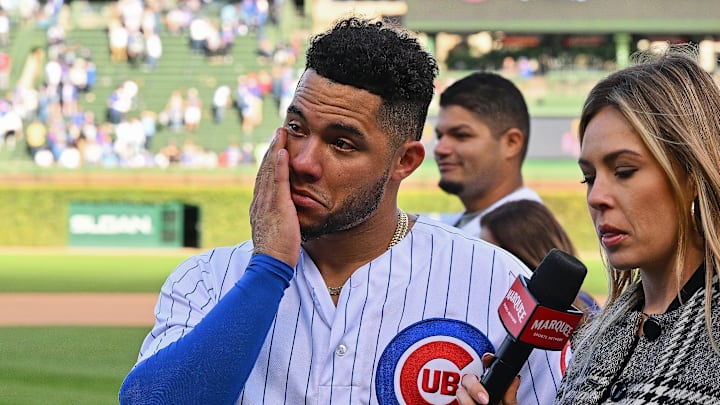
4. The Jose Quintana trade
It might be time to start calling this "The Dylan Cease" trade, now that he is by far the most valuable player involved. Over his past two seasons, Cease has tossed 349 innings and struck out 453 batters. 2022 was particularly spectacular for the 27-year-old, as he pitched to the tune of a 2.20 ERA in his 32 starts, good enough for a 2nd-place finish in Cy Young voting. Now that he is the clear ace of the White Sox pitching staff, it is pretty safe to say that the Cubs made a colossal mistake by moving him at the 2017 trade deadline.
At the time, the Cubs were in the middle of a World Series hangover, and in need of a solid big-league starter to stabilize their lackluster staff. Jose Quintana seemed like a decent candidate at the time, as he had just turned in four straight seasons where he threw 200 innings and his ERA was consistently in the mid to low 3 range. But Quintana's ability seemed to diminish almost overnight when he went to the North Side of Chicago. He was never that top-of-the-rotation pitcher they were seeking, and they gave up a future ace and a guy with 30 home-run potentials in Eloy Jimenez.
What's even worse is the fact that Quintana found himself pitching for the division rival Pirates and Cardinals in 2022, and he schooled the Cubs in each of his four starts against them.
